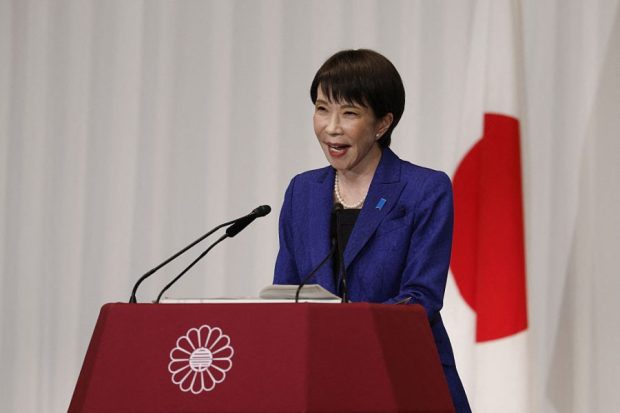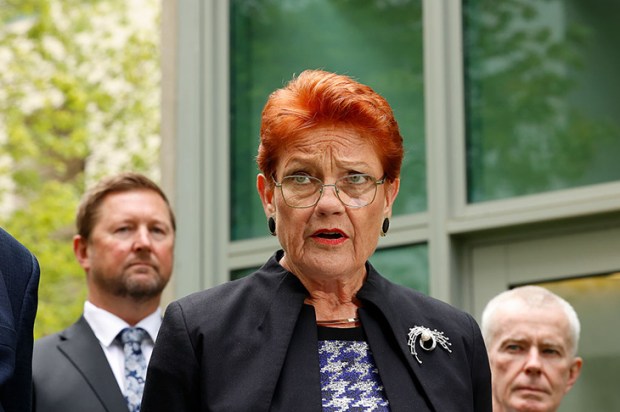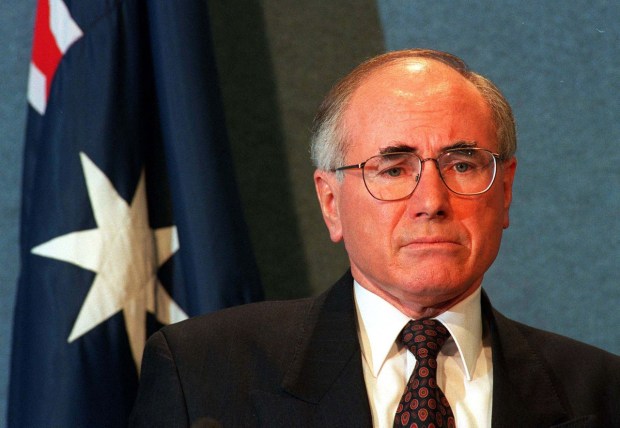The London School of Economics (LSE) shocked their student union this week by informing them that the university is disaffiliating from Stonewall. The union responded with horror, demanding a consultation before reversing ‘the decision to disaffiliate’. The SU has also demanded the establishment of a ‘gender expression fund to pay for items necessary to support transition’ (the equivalent fund at UCL helps transwomen purchase essentials such as makeup) and a ‘designated queer space on campus.’
LSE have left the Stonewall Workplace Equality Index, a ranking scheme whereby organisations are awarded points according to how closely they follow Stonewall’s policy recommendations. In 2019 LSE set itself the target of being ranked in Stonewall’s top 100 in both 2020/21 and 2022/23. The problem with such targets is that, by relying on Stonewall’s rankings rather than their own judgement, LSE handed effective control of their equalities policies to Stonewall. It seems this is something LSE may have come to regret.
It is increasingly widely recognised that Stonewall’s policies are incompatible with academic freedom. Their 2019 guidance ‘Delivering LGBT-Inclusive Higher Education’ implies that universities should no-platform speakers since ‘Speakers who hold strongly anti-LGBT views, such as… denying that trans people exist as the gender they say they are, cause LGBT people to feel deeply unsafe.’ Nancy Kelley, the CEO of Stonewall, has compared ‘gender-critical’ views (that sex is real, binary, immutable and that it matters) to anti-Semitism. Kelley has also personally been involved in no-platforming one academic: this was for expressing the view that the census should include questions on both gender-identity and sex.
Stonewall’s position seems baffling until you grasp its postmodern perspective. Suppose for the moment that there is no measurable external world, and that the only reality is the stories we tell about it. From this perspective, to deny someone’s lived experience is to deny their reality, and hence their very existence. This is what Stonewall mean when they say ‘what we will not do is debate trans people’s rights to exist’ in response to a request for ‘respectful debate.’ This explains the apparently shocking comparison of gender critical beliefs to anti-Semitism: in a world constructed entirely of words, misgendering is a form of eugenics.
It is doubtful whether senior leaders at LSE fully appreciated the Queer Theory philosophy underpinning Stonewall’s policies. However, LSE’s Gender Studies department are experts in Queer Theory, and embraced Stonewall’s world view with gusto.
The LSE’s Gender Studies department has been at the forefront of attacks on gender critical academics. Dr Jacob Breslow, an expert on ‘the queer life of children’s desires’ was instrumental in arranging for the department to publish an open letter asserting that it is racist and colonialist to believe that sex is binary, and demanding the Open University withdraw institutional support from their Open University Gender Critical Research Network. Professor Jo Phoenix, a founder of the OUGCR Network, is taking legal action against the Open University for their failure to protect her from abuse and discrimination. Breslow also incorporated his views in his teaching: a student on his course delivered a paper fantasising about holding a knife to the throat of gender-critical feminists. This paper counted for 30 per cent of the credit for the module and was praised by students on the course.
While Breslow was enthusiastically pursuing Stonewall’s no-debate approach, others observed that following Stonewall’s advice poses legal risks. In a May 2021 report commissioned by the University of Essex, the barrister Akua Reindorf reviewed the no-platforming of two academics for their gender-critical views and highlighted numerous ‘drawbacks and potential illegalities’ arising from Essex’s relationship with Stonewall. Reindorf concluded that Essex should either leave the Stonewall Workplace Equality Index, or find some way of mitigating its negative effects. Reindorf did not propose any mitigation, but it is hard to think of any changes that would not immediately send an organisation tumbling down Stonewall’s rankings.
While Reindorf’s review raised important questions, the clash between Stonewall’s policies and the law became concrete in June 2021 when the High Court ruled that gender-critical views are legally protected, and that harassment or discrimination on the basis of such beliefs is unlawful. In the light of this judgment, the open letter published by LSE’s gender department and signed off by its head, could be interpreted as demonstrating that the university was institutionally discriminating against a protected belief.
More trouble was to come in October 2022 when Breslow made headlines by resigning as trustee of trans-youth charity Mermaids. This was because he had spoken at a 2011 conference of B4U-ACT, a group which campaigns for paedophiles to live ‘in truth and dignity’ and which shares his academic interest in children’s desires.
All this may have prompted LSE senior leaders to consider whether their relationship with Stonewall was bringing the reputational benefits they had been hoping for.
Whatever has prompted LSE to leave Stonewall, they should be congratulated. LSE is only the second major university to have had the courage to stand up to Stonewall, following UCL. This is a brave first step towards providing a genuinely inclusive environment for staff and students.
It is only a beginning: the Student’s Union are right that there should be a consultation and all policies should be reviewed. One place to start would be to ensure policies are in place to stop departments issuing discriminatory statements and that sexualised threats are not tolerated in student presentations. Compromise will be necessary to meet the needs of both gender-critical and trans staff, and there will doubtless be a few tears ahead. But LSE



















